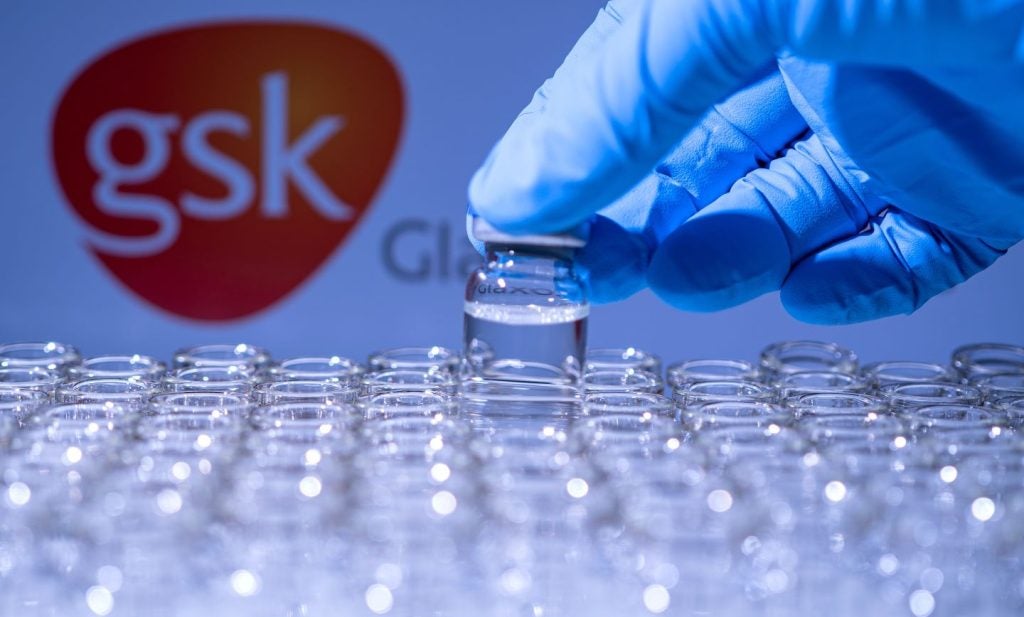South Korean artificial intelligence (AI)-powered cancer solutions provider Lunit has published data from a study investigating its AI-powered tool INSIGHT MMG that analyses mammograms to detect breast cancer.
Conducted in Denmark, the study assessed Lunit’s INSIGHT MMG’s performance in comparison to human radiologists. The research covered mammography screenings performed between 14 August 2014 and 15 August 2018, with 249,402 screenings conducted on 149,495 women. The key metrics included correctly identifying cancer-free exams, correctly diagnosing cancer, positive predictive value, and recall rate.
When the tool’s cut-off score matched the first reader's mean sensitivity, it showed slightly lower specificity (97.5% versus 97.7%), positive predictive value (17.5% versus 18.7%) and a slightly higher recall rate (3% vs 2.8%) compared to human radiologists.
These results build on Lunit’s first prospective study on the tool conducted between April 1, 2021, and June 2022, involving over 50,000 women. In the study, INSIGHT MMG readings were compared to two independent radiologists, analysing 55,581 breast cancer screening cases. Lunit INSIGHT MMG in collaboration with a single radiologist, demonstrated a superior cancer detection rate (CDR) of 4.3 per 1000, higher than the traditional two-radiologist approach with a CDR of 4.1 per 1000.
Following the positive results of the first study, Lunit signed a supply and licence agreement in June 2023 with Capio St Göran, Sweden’s largest private hospital. Under the agreement, Lunit will provide the hospital with INSIGHT MMG for three years, marking the world’s first breast centre to use AI as an independent reader. The collaboration contributes to Sweden’s national cancer screening programme, by allowing the hospital to analyse approximately 78,000 patients’ mammography images each year.
The FDA-cleared and CE-marked INSIGHT MMG technology works by interpreting mammograms as an independent reader in a structural and validated setting to enhance productivity.
In an announcement accompanying the results, Lunit CEO Brandon Suh said: “This research highlights the potential for our AI solution to significantly enhance mammography screenings. It not only offers a promising avenue to improve cancer detection rates but also provides valuable support to radiologists by alleviating their workloads.”
GlobalData predicts that more manufacturers will adopt AI tech into their devices to improve diagnostic and treatment predictions. In June, Mindpeak, an AI solution and software provider, and Proscia, partnered to use Mindpeak’s breast cancer detection software, BreastIHC, and Proscia’s open digital pathology platform, Concentriq Dx, to better diagnose breast cancer through digital pathology analysis with AI.
GlobalData is the parent company of Clinical Trials Arena.
















